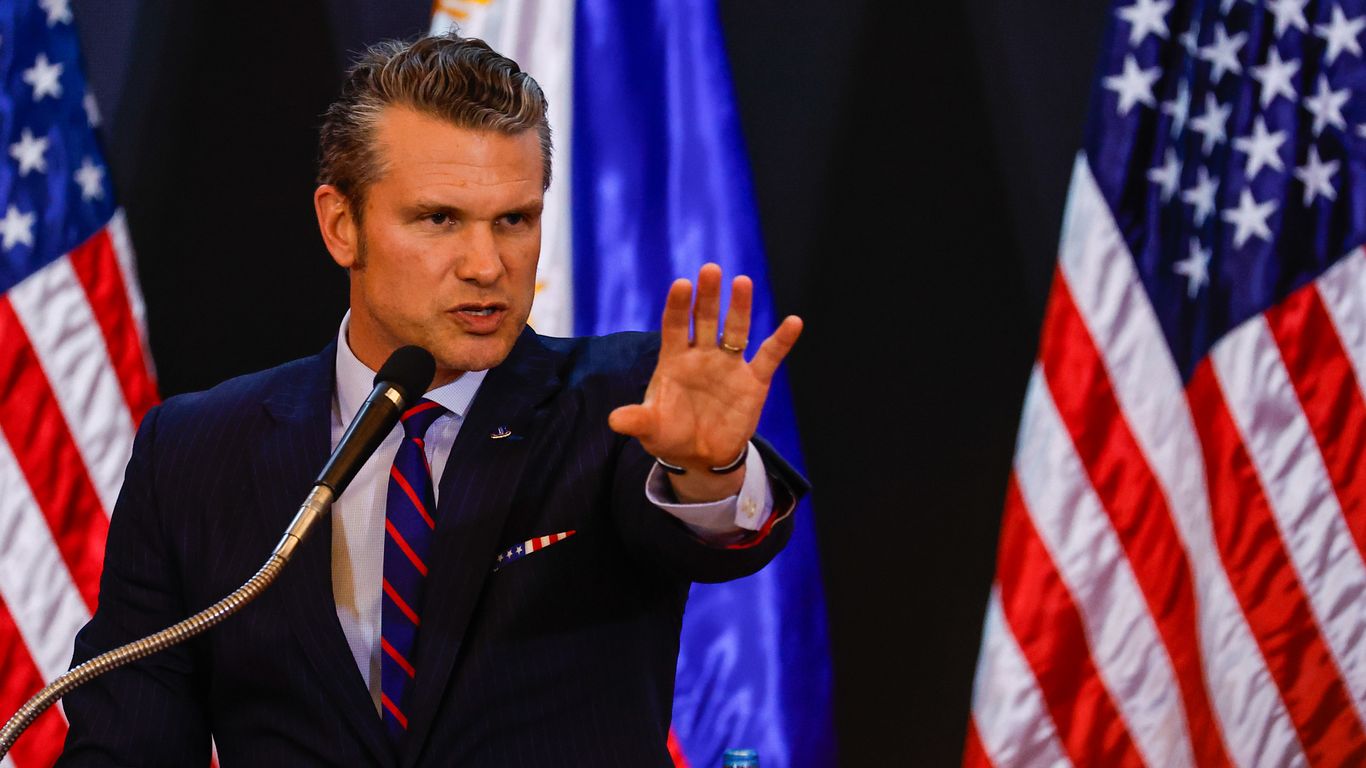Following a Supreme Court ruling, the Trump administration is swiftly enforcing a ban on transgender troops. Defense Secretary Pete Hegseth has mandated that active-duty service members have 30 days and reservists 60 days to leave the military, impacting about 1,000 individuals.
Trump admin moves to oust 1,000 trans people from the military after Supreme Court ruling

Key Takeaways:
- The Trump administration is enforcing a ban on transgender military personnel.
- Defense Secretary Pete Hegseth set departure timelines for active-duty and reserve transgender troops.
- Approximately 1,000 service members are affected by the ban.
- Legal challenges argue the ban violates constitutional rights.
- Advocacy groups criticize the ban as discriminatory and damaging to the military.
Ban on Transgender Military Personnel Takes Effect
The Trump administration is moving rapidly to enforce a ban on transgender individuals serving in the U.S. military. Following a recent Supreme Court ruling that allows the policy to take effect, Defense Secretary Pete Hegseth announced that active-duty transgender service members have 30 days to voluntarily leave or face discharge, while reservists are given 60 days. This directive impacts approximately 1,000 service members, according to a Pentagon statement.
Immediate Implementation by the Pentagon
“This is the president’s agenda, this is what the American people voted for,” Hegseth declared in a video posted to X. The post was captioned, “After a SCOTUS victory for @POTUS, TRANS is out at the DOD,” signaling the administration’s commitment to swiftly implement the ban.
Executive Order Reverses Previous Policy
In January, President Trump signed an executive order targeting transgender troops, recognizing only two sexes—male and female—in alignment with other policies that critics say attack transgender people. This move rescinded a policy established by former President Biden that allowed transgender individuals to serve openly in the military.
Legal Challenges and Judicial Criticism
Despite the Supreme Court’s ruling, legal challenges persist. A group representing 32 transgender plaintiffs filed a letter brief with the U.S. Court of Appeals for the D.C. Circuit, arguing that the ruling does not apply to a separate case decided in March. In that case, U.S. District Judge Ana Reyes condemned the administration’s efforts, describing them as “soaked in animus and dripping with pretext,” and found that the moves violated the Constitution. GLAD Law noted that the Supreme Court “did not consider animus” in its ruling.
Advocacy Groups Condemn the Ban
Advocacy organizations and legal experts have criticized the ban as discriminatory. “Secretary Hegseth’s comments about transgender troops are a disgrace to the military and all those who serve,” said Jennifer Levi, senior director of transgender and queer rights at GLAD Law. Critics argue that the policy undermines military readiness and morale by excluding qualified individuals based on gender identity.
Impact on Service Members and Military Policy
The enforcement of the transgender military ban has significant implications for the affected service members and the broader debate over transgender rights. As legal battles continue, approximately 1,000 transgender troops face uncertain futures in their military careers. The situation highlights ongoing tensions surrounding inclusion and equality within the armed forces.











